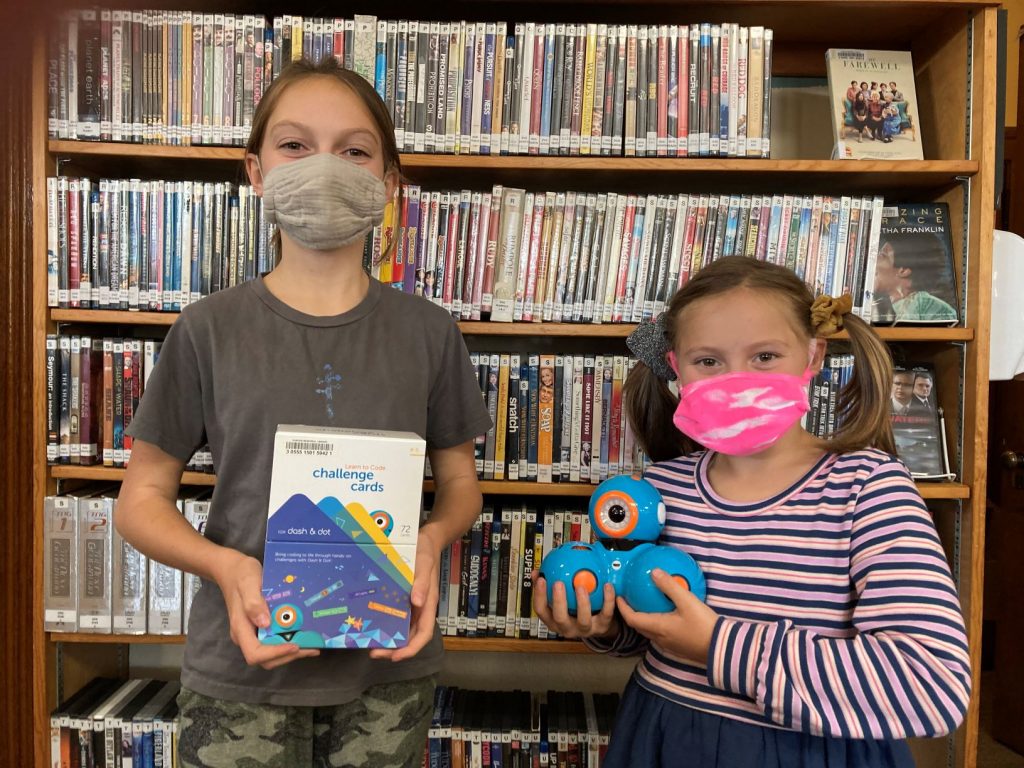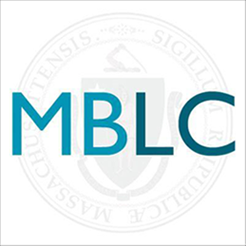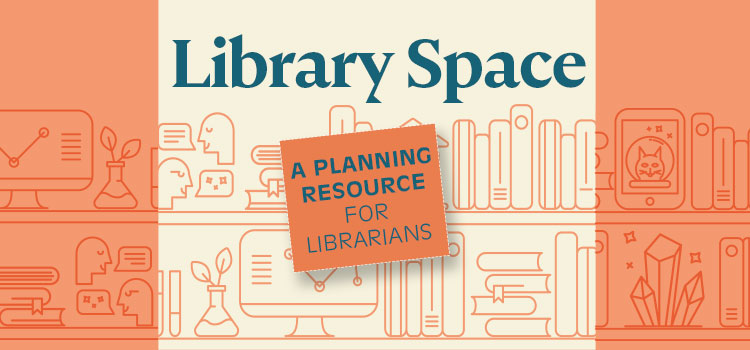
As we work together to get through the current reality, the MBLC will provide regular updates on MBLC services and other statewide issues. Please let us know if there’s info you’d like us to cover—we’ll include it if we are able. Stay well.
MBLC FY21 Budget/State Budget to Libraries
Massachusetts begins fiscal 2021 today with a $5.25 billion interim budget. With the FY21 budget not in place, the MBLC (like all state agencies) has been given a one-twelfth budget, which basically means that the agency’s fiscal 2020 budget is divided by 12, so that the agency is operating on a month-to-month budget.
Governor Baker’s $44.6 billion fiscal 2021 budget is in its sixth month under review in the House Ways and Means Committee. Before deciding on how to proceed, Baker and legislative leaders are waiting to see how tax collections perform in the wake of the decision to push the annual tax-filing deadline forward from April 15 to July 15. They are also waiting to see when and whether Congress will pass another major stimulus bill providing additional support to individuals, businesses, and state and local governments struggling due to the pandemic’s impacts.
MBLC Monthly Board Meetings
Contact: Rachel Masse
The regular monthly business meeting of the Massachusetts Board of Library Commissioners is scheduled for 10:00 A.M. on Thursday, July 9, 2020 by Zoom Teleconference Meeting. https://mblc.libcal.com/event/6201495
Re-opening Phase 3
Contact: Rob Favini
Maura Deedy
We have heard from libraries and patrons about when libraries will be allowed to resume in-library services. We have reached out to Governor Baker and Lt. Governor Polito’s office with our recommendations for allowing libraries to reopen their spaces to the public. These recommendations included occupancy guidelines for library browsing and computer use. We typically don’t find out ahead of the release of recommendations so we will be monitoring media and other outlets this week and hope they will be included soon.
State Aid- Reopening survey
Contact: Liz Babbitt
In light of the Governor’s phased re-opening plan, please update the COVID19 reopening survey via the new LibWizard form This will be shared with the library community in a Google spreadsheet titled “COVID19: Re-opening Public Libraries Survey”.
We understand that COVID19 will continue to be a serious threat to public health and that your plans may change as the situation evolves so we will NOT be creating a version of this survey for the public UNTIL libraries have started opening.
Libraries and Contact Tracing
Librarians have been concerned with some of the sector specific guidelines that required keeping a log of visitors for contact tracing, such as office spaces. Directors and library staff have reached out to Massachusetts Board of Library Commissioners (MBLC) for clarification. MBLC staff communicated these concerns to the Department of Public Health (DPH) and communicated with Privacy Officers about concerns that visitor logs would be a violation of MGL Chapter 78 Section 7 which states “the part of the records of a public library which reveals the identity and intellectual pursuits of a person using such library shall not be a public record”.
More from this blog by Maura Deedy
Handling Patron’s Legal Questions During the Pandemic
Social Law Libraries and the MBLC
Contact: Paul Kissman Kate Butler
The Massachusetts Board of Library Commissioners and the Social Law Library will host a legal reference update webinar on July 7th at 3pm. Register
Just as COVID-19 has change the way that libraries deliver services, it has also affected the Massachusetts Court System and the legal support network for Massachusetts residents. This webinar will bring you up to date on how to help your patrons find answers to their legal questions when walk-in service to the trial court law libraries and court service centers may be limited.
Though the webinar is primarily aimed at public libraries, all types of libraries are welcome. Register
Preservation and Disaster Recovery
Contact: Evan Knight
REGISTRATION OPEN – MBLC/MLS Virtual special collections symposium for smaller libraries
July 23, 9am-12pm
Local public memory collections provide important, unique, and sustainable opportunities to interpret a community’s contemporary experiences as they change over time. Yet there are many challenges in building, preserving, and sharing these collections, especially among smaller libraries. Renowned experts in the book trade, academic libraries, and library special collections will convene for a morning symposium of sharing and dialogue about these topics, tailored specifically for library workers, librarians, archivists, and collections volunteers with various levels of experience, and from collections of all sizes. Co-hosted by the Massachusetts Library System. Register
Construction-The Massachusetts Public Library Construction Program (MPLCP)
Contact: Lauren Stara
Andrea Bunker
The Senate will take up the Construction Bond Bill (now S 2790) this Thursday, July 2. Library Caucus co-chair Senator Eric Lesser has filed amendment #43 on the IT Bond bill to increase library construction funding to $150 million. At $150 million, the construction bond will fund the remaining seventeen libraries on the waitlist and allow the MBLC to begin preparing for the next planning and design and construction grant rounds. Currently, there are 40 plus libraries interested in applying for construction funding in the next round.
History of the Massachusetts Public Library Construction Program
This episode of Building Literacy: Public Library Construction delves into the history of the Massachusetts Public Library Construction Program, which has been in existence since 1987. Founding Library Building Specialist, Patience Jackson, and former Library Building Specialist, Rosemary Waltos, join MBLC Construction Specialists Lauren Stara and Andrea Bunker to discuss both the impetus and evolution of our unique and robust program.
Listen to podcast
Promotion/Summer Library Program
Contact: Celeste Bruno
Matthew Perry
Rachel Masse
Summer
Social media graphics for summer
Summer fairy tale coloring masks—easy print
Database promo
Wellness
DIY
Dogs
Kids Science
Healthy Aging
SACL Openings (State Advisory Council on Libraries)
Contact: Rob Favini
The Massachusetts Board of Library Commissioners is currently accepting applications to serve on the State Advisory Council on Libraries (SACL). SACL is an advisory group appointed by the Board to involve libraries and library users throughout the Commonwealth in MBLC decisions regarding implementation of LSTA direct grants. As part of this responsibility, SACL members annually review and evaluate grant applications and make funding recommendations to the Board of Library Commissioners. In addition SACL members are sometimes called on to provide feedback on policy and program initiatives beyond LSTA grants.
SACL members serve three year terms and meet twice a year at the MBLC offices, located near Boston’s North Station. Note: for the duration of the current COVID-19 response all SACL meetings are held by video conference.
SACL consists of 16 members with representation from public, academic, school, special, and institution libraries, as well as libraries serving the blind/visually impaired and physically disabled. In addition, five members of the council represent users of all types of libraries.
We are currently accepting applications to fill the following SACL vacancies:
- 1 Public Library representative serving a population of 50K+
- 1 Library representative serving traditionally under-represented populations
- 3 Library users drawn from public, academic, school, special, institution libraries, or libraries serving the blind/visually impaired and physically disabled.
The MBLC values diversity and encourages applicants with diverse experiences including, but not limited to LGBTQ+, people of color, gender diversity, people with disabilities, ethnic and religious diversity from all geographic regions across the commonwealth.
If you, or someone you know, would like to be considered for a SACL opening please send a current resume and letter outlining qualifications how your perspective will enhance the SACL’s effectiveness to Amy Clayton (amy.clayton@mass.gov). Deadline for application submission is July 31, 2020.
State Aid To Public Libraries
Contact: Liz. Babbit
Uechi Ng
Mary Rose Quinn
ARIS Workshops
Watch the recorded ARIS Workshop
On Zoom
ARIS is OPEN!
The Annual Report Information Survey (ARIS) opens today. Login information was sent to all public library directors last week. Due to COVID19 related library closures, the form is not due until October 2nd, 2020. No printed forms will be accepted this year. Please see instructions for submitting the signature page on the Instructions and Tips document on the ARIS home page





